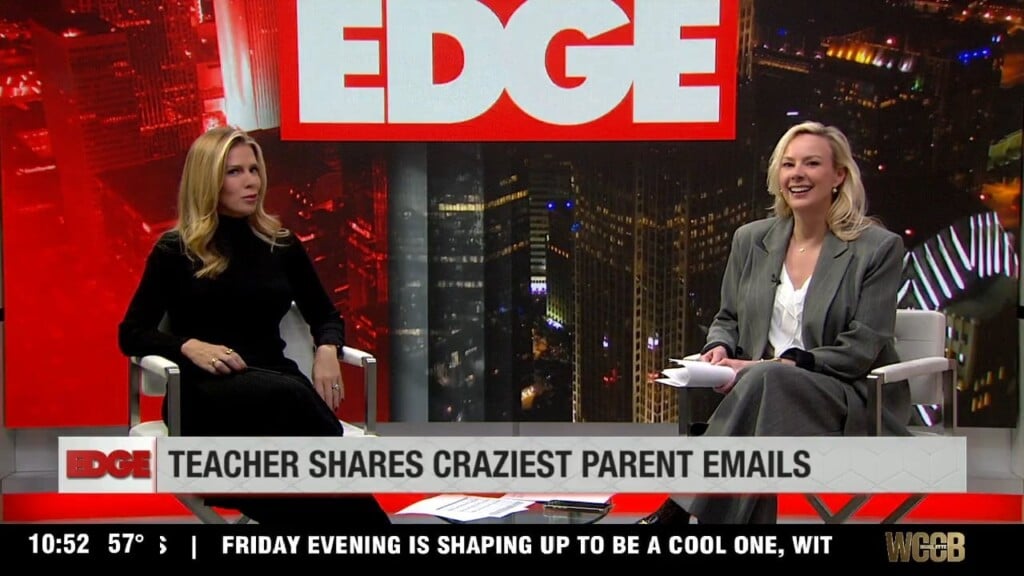SAN FRANCISCO – Apple shareholders have rejected an attempt to pressure the technology trendsetter into scrapping corporate programs designed to diversify its workforce.
The proposal drafted by the National Center for Public Policy Research — a self-described conservative think tank — urged Apple to follow a litany of high-profile companies that have retreated from diversity, equity and inclusion initiatives currently in the crosshairs of President Donald Trump.
Tuesday’s shareholder vote comes a month after the same group presented a similar proposal during Costco’s annual meeting, only to have it overwhelmingly rejected.
Just as Costco does, Apple has steadfastly stood behind diversity and inclusion efforts that its management contends make good business sense.
The National Center for Public Policy Research’s proposal attacked Apple’s diversity commitments for being out of line with recent court rulings and said the programs expose the Cupertino, California, company to an onslaught of potential lawsuits for alleged discrimination. The group estimated about 50,000 Apple employees could file cases against Apple without detailing how it arrived at that figure.
In its rebuttal to the anti-DEI proposal, Apple said its program is an integral part of a culture that has helped elevate the company to its current market value of $3.7 trillion — greater than any other business in the world.
“We believe that how we conduct ourselves is as critical to Apple’s success as making the best products in the world,” the company said in its statement against the proposal. “We seek to conduct business ethically, honestly, and in compliance with applicable laws and regulations.”
In its last diversity and inclusion report issued in 2022, Apple disclosed that nearly three-fourths of its global workforce consisted of white and Asian employees. Nearly two-thirds of its employees were men.
Other major technology companies for years have reported employing mostly white and Asian men, especially in high-paid engineering jobs — a tendency that spurred the industry to pursue what have been largely unsuccessful efforts to diversify.




